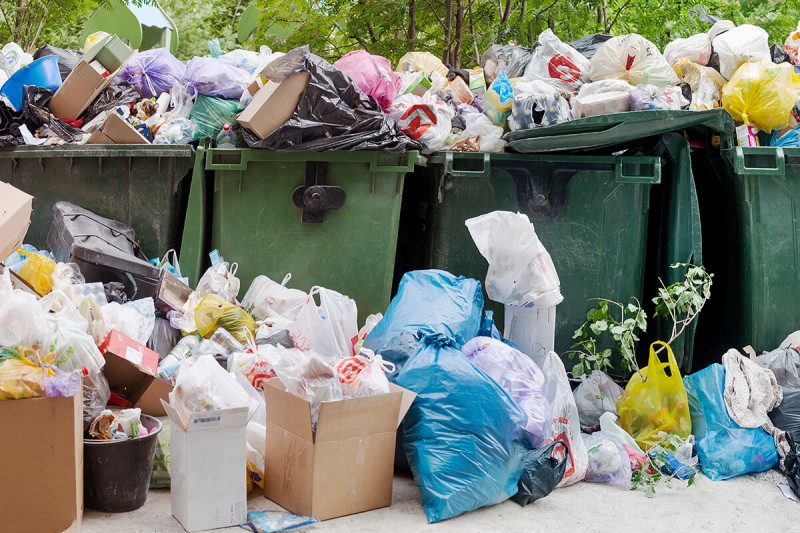The Ultimate House Viewing Checklist for Buyers
06 Jan
Please wait...
04 Oct

Most people never think of waste management in the Caribbean. Instead, folks imagine pristine beaches, lush forests, and more! But never considering where all the waste a beautiful tourist island can create ends up can lead to a devastating crisis for the islands.
ReMLit may be one of the answers to the ever-concerning waste management crisis. With landfill space diminishing and the challenges of island-to-island waste management, the OECS has begun to identify the best practices for garbage removal. This effort extends to all the Caribbean, including the wildlife, ocean, and sea life that depend on the islands' health.
What is ReMLit?
According to sources, "Building Resilience in the Eastern Caribbean through Reduction in Marine Litter or ReMLit, are new national and regional waste management policy frameworks, which will encourage countries to apply both the zero waste and circular economy principles with the view to reducing waste generated." -The Caribbean News Now.
Through careful and deliberate studies, ReMLit has determined the urgent need to adopt the management of waste. The rubbish targeted includes organics, plastics, and other items that can be recycled, composted, or reused rather than simply dumped.
The policy also addresses the need for Caribbean Island cooperation to reduce the amount of waste being produced. Both Antigua and Barbuda are working hard to implement these best practices and care for the marine environment as well as the islands themselves.
Likewise, Jamaica and Panama have adopted The Trash Free Waters Initiative to continue encouraging locals and government agencies in efforts to reduce and reuse. Their focus is on preventing the trash from ever entering the waterways that lead to the Caribbean Sea.
Reducing Waste
Waste management is not only a problem in the island nations. Still, it is a global issue that agencies have been bringing light to for years. In the Caribbean particularly, population growth and a return to tourism have led to an increase instead of the needed decrease.
Reducing waste is accomplished through awareness and government programs that help people know how and where to recycle and donate. In addition, many island nations have banned the use of plastics. That is a fantastic start. And while reducing and recycling may take time to fully impact the waste collected from the islands, each new day can be one step closer to the solution if all the islands cooperate and participate.
CITED: The Caribbean News Now, ReMLit.environment.gov, UNEP.org